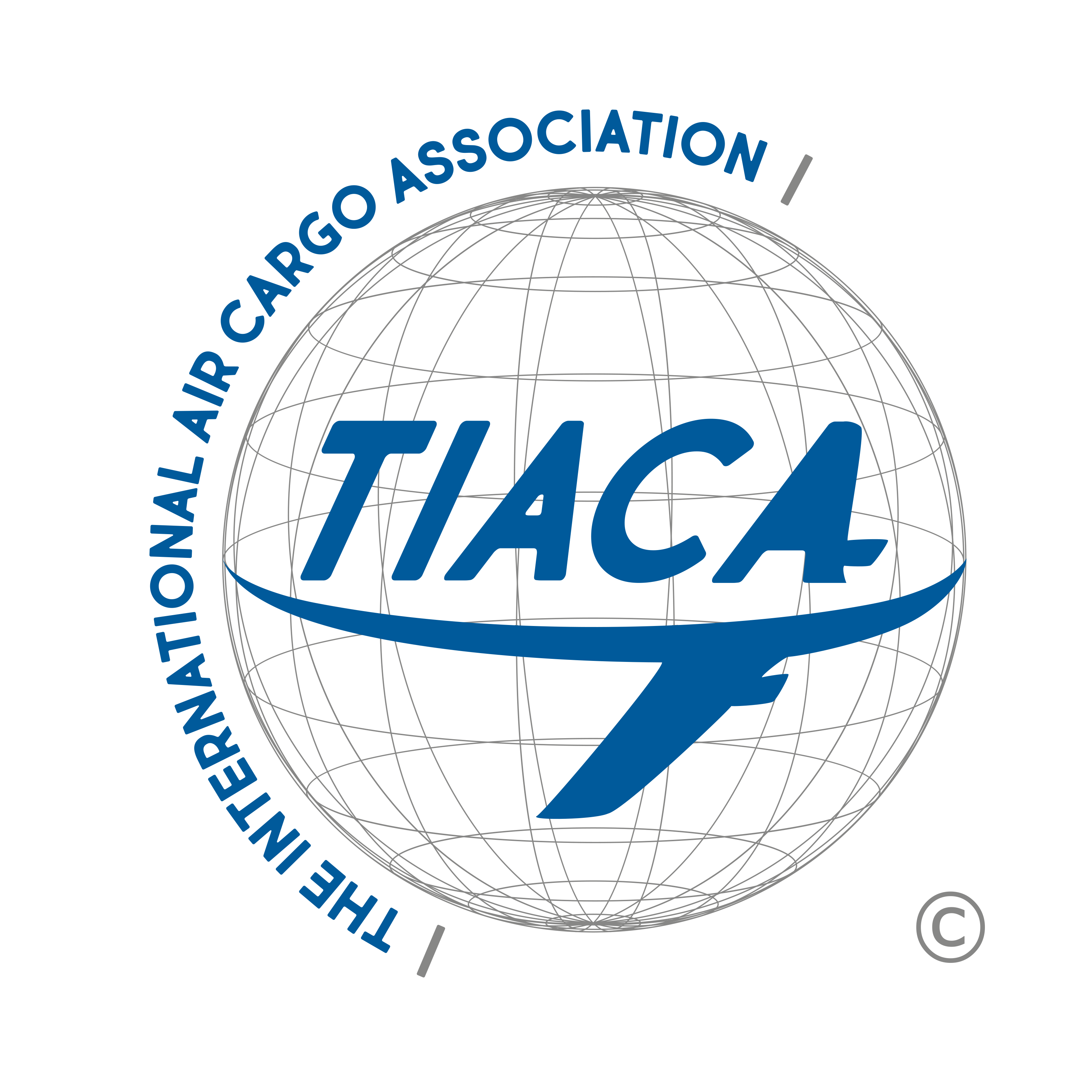Digitization – moving from changing lives to saving lives in pandemic
Article submitted by: Kale Logistics Solutions – TIACA Trustee and Board Member
 The worst of times sometimes brings out the best in all of us. The Logistics Industry is an apt example of this. From transporting hand sanitizers, PPEs and masks to offering warehouse space for use as field hospitals, the industry is responding to a variety of needs arising from COVID-19. The logistics COVID warriors have been on the ground zero since the very beginning of the COVID-19 crisis, keeping delivery cycles uninterrupted and freight moving seamlessly. This couldn’t have been possible without the tireless hard work of the logistics frontline staff. Several lives have been saved and, in some regions, the pandemic curve has been flattened due to their commendable efforts.
The worst of times sometimes brings out the best in all of us. The Logistics Industry is an apt example of this. From transporting hand sanitizers, PPEs and masks to offering warehouse space for use as field hospitals, the industry is responding to a variety of needs arising from COVID-19. The logistics COVID warriors have been on the ground zero since the very beginning of the COVID-19 crisis, keeping delivery cycles uninterrupted and freight moving seamlessly. This couldn’t have been possible without the tireless hard work of the logistics frontline staff. Several lives have been saved and, in some regions, the pandemic curve has been flattened due to their commendable efforts.
Protecting people is as vital as protecting the businesses. Digitization has been playing a vital role in both of these goals. While the adoption of technology has been helping logistics enterprises in reducing duplication of efforts, excessive paperwork and enabling staff to work from their homes; an evenmore important contribution of the digitization has been reduction of paper handling, reduction in human/vehicular congestion and reducing social contacts thereby preventing the spread of COVID 19 and in effect saving lives.
WHO has pointed out that the virus stays on surfaces including paper for up to 72 hours. The air freight industry as we all know still has around 100 copies of paper per shipment moving around across several stakeholders. Each time this paper is touched there are chances of virus getting transmitted. Hence technology which can eliminate these papers by moving digital twins of the paper (data) wherever possible, can be a life saver.
Similarly, to reduce the spread of COVID 19, it is important to ensure social distancing which also means reducing crowds and congestion. Technology can definitely assist in the same. At the very basic level of web based systems enabling people to work from their homes efficiently to sending advance information to the handlers at the ports or airports so that the logistics companies’ staff spends minimal time in documentation at the counters in these facilities, greatly reduces the social interaction time. The advance information to the other partner in supply chain also reduces vehicular congestion and social contacts. In pandemic times, these effects can save lives through prevention of virus spread.
History shows that every major crisis has taken our industry to the next level of digitization and this crisis is no different. The community members who preferred not to change had to change for the business continuity purposes. The news from all around the world suggests that adoption of technologies such as artificial intelligence, machine learning, community platforms, software as a service based enterprise systems, digital certifications, Blockchain etc moved up significantly and we feel that it will be the new normal. As an industry, we have suffered because of pandemic hence we should not lose out on these positives that have arisen out of this adversity.
TIACA has been a great proponent adoption of technology by the industry. We are collaborating with other international associations in ensuring that we have a safe and secure supply chain to ensure that we have a healthy economy in turn. Let’s intensify the war on paper which can not only bring sustainability benefits but will also streamline long pending process changes and save lives too!!!
Wishing you and your families and colleagues a safe and healthy future!! It’s time to convert the adversity into opportunity. Let’s get going!!!
Kale’s next generation Airport and Port community platforms are not only increasing efficiencies and also helping in saving lives. At major airports it has helped the communities in saving over 8 Mn copies of paper annually. This next generation technology from Kale is now being adopted by over 35 airports and ports across North America, South America, Europe, Africa, Middle East and Asia. The winds of change are blowing across the industry taking us to an efficient, sustainable and secure future through digitization.

